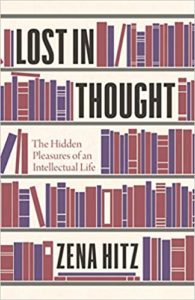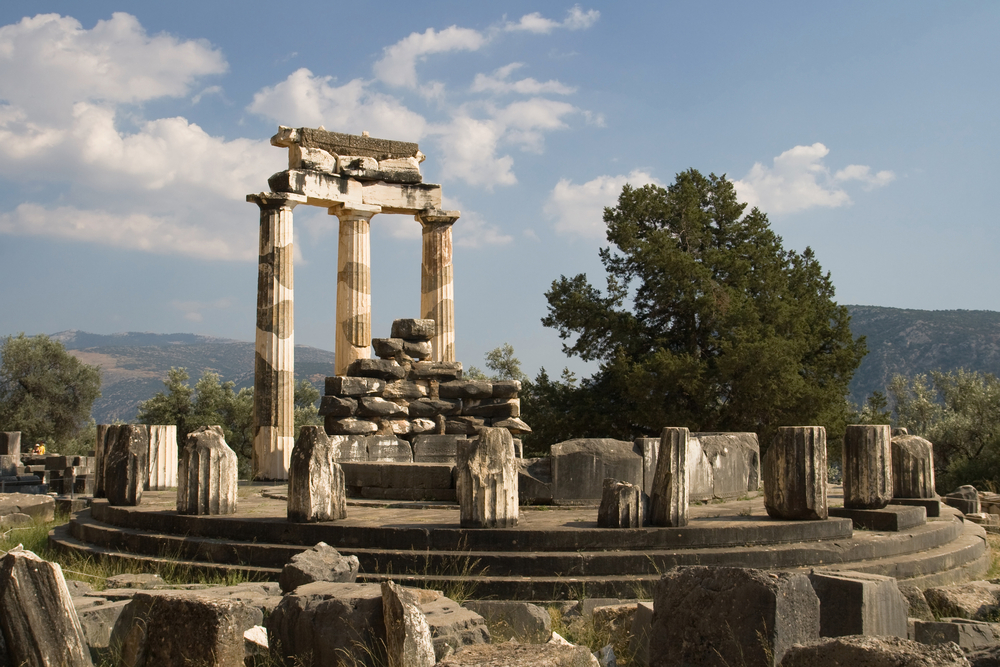Finding the Third Thing
By Amy Willis
What does “learning” mean to you? Where and when does it occur? What are its outcomes? How does it affect your status in the world, and do we accord status in the right way? These questions and more are at the heart of this provocative conversation. EconTalk host Russ Roberts welcomes Zena Hitz of St. John’s College to discuss her new book, Lost in Thought.
Hitz is engaged in what Roberts calls a “quixotic quest” to restore a love of great books and contemplative and communal learning. A tutror- not a professor- at St John’s, Hitz is well-suited to make such an argument. But if the sort of learning Hitz recommends is indeed “hidden,” how can we power ourselves past the distractions of the modern world well enough to achieve it?
We hope you’ll find the prompts below thought-provoking, and that you’ll let us know your response to them. We’d also love to know how you approach this sort of learning. What books do you love that you return to time and again. What books would you like to explore, but for whatever reason have yet to do so? As always, we love to hear from you.

1- What does Hitz mean by learning? What’s the point in teaching young people how to think about big ideas and read old books, as Roberts asks her? How does she expect her students to cultivate the resources for reflection, retreat, and contemplation? How might you cultivate the same sort of resources in your life?
2- Rather than turn to political activism in an effort to repair the brokenness of our world today, Hitz suggests a more inward approach. What would this like, and to what extent do you believe this approach to be effective?
3- How does your work/occupation identify you? What role has the sort of learning Hitz describes played in your work? Are you guilty of judging others on the basis of their occupation? As Roberts asks, “How we might humanize ourselves through learning to be more appreciative of people who are not like us, educationally?”
4- Hitz asserts, “…if you want to connect with someone from a different social class, you need a third topic to unite you. This is how human bonding, how human community works is: you unite around some third thing.” What sort of community organizations do you think might serve both to democratize learning and unite people of different social classes?
5- What’s the difference between spectacle and distraction, according to Hitz? Conversation and debate? How might a due consideration of these differences affect learning, both formally and informally?

